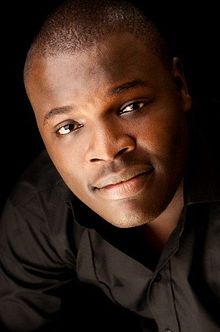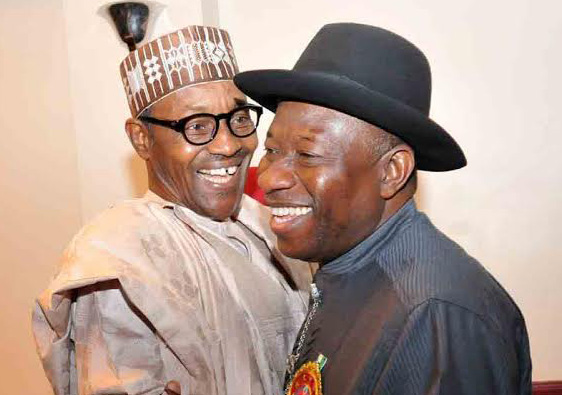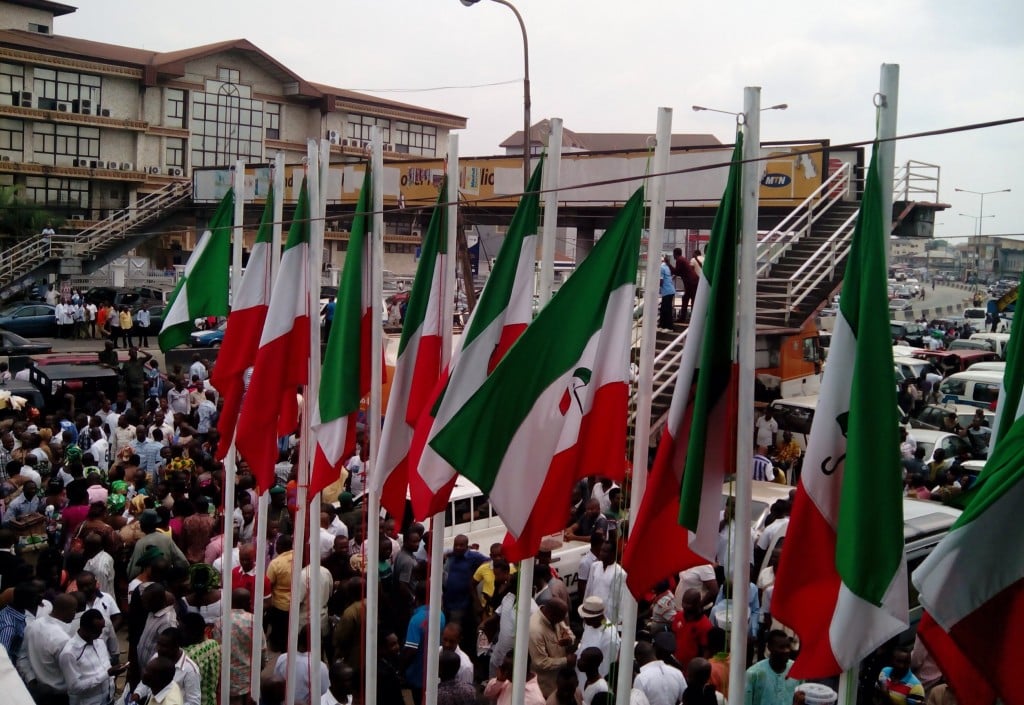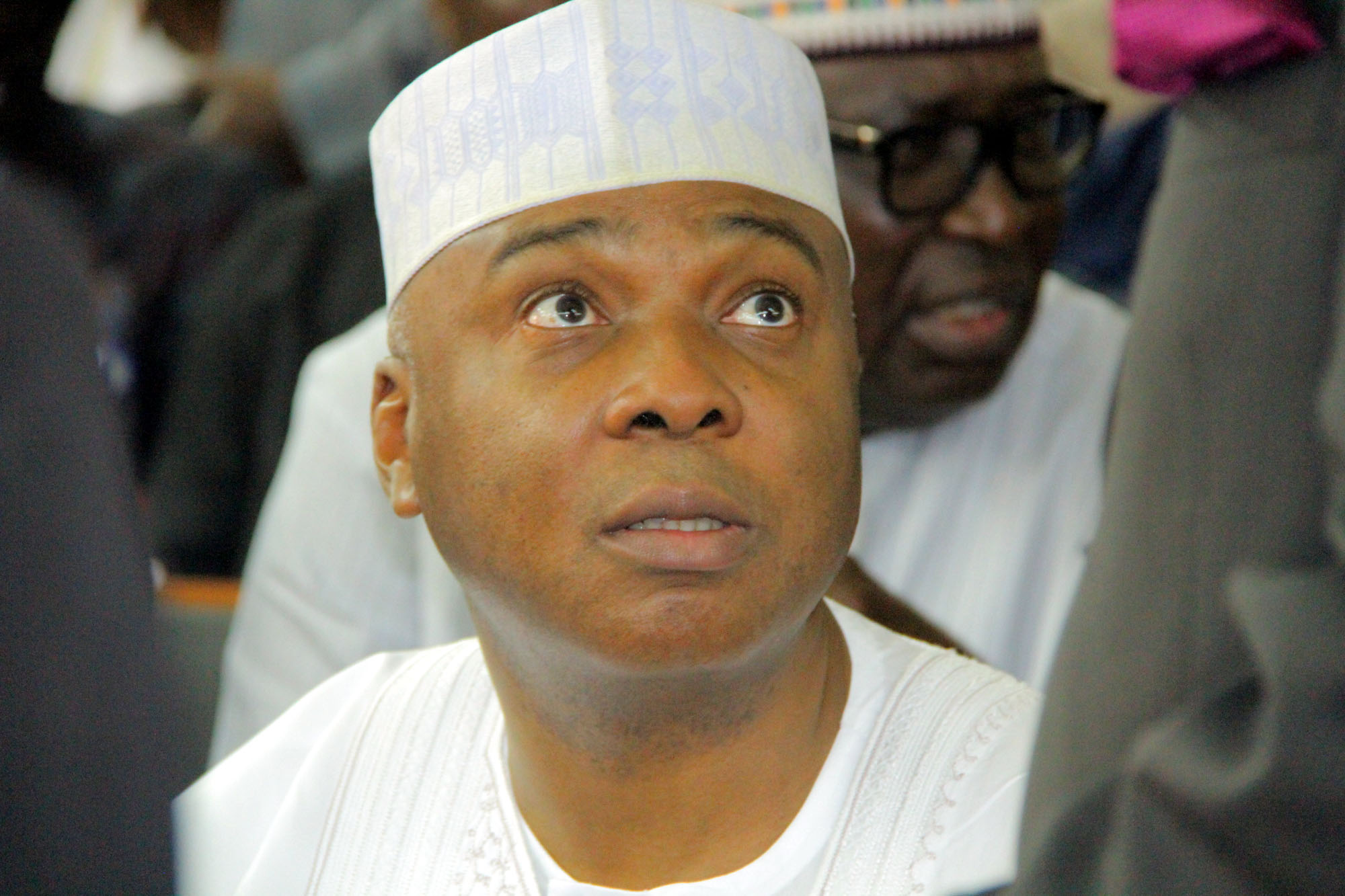Why did supposedly serious-minded speaker of the United States house of representatives, Paul Ryan, support the disturbing candidacy of Donald Trump, a man who stands against the orthodoxy of his Republican Party as much as he is incoherent on ideologies towards small government, the economy and social issues?
There are many guesses that can be made; including the obvious fact politicians that politicians will do anything to get power. But what Ryan said himself is very useful as a frame through which to understand his decision.
“I’m tired of divided government,” he said in September of 2016 at the Washington Ideas Forum. “It doesn’t work very well. We’re just at loggerheads. We’ve gotten some good things done. But the big things — poverty, the debt crisis, the economy, health care — these things are stuck in divided government, and that’s why we think a unified Republican government’s the way to go.”
In essence, he was making it clear that he wasn’t a fan of the man he once called the “textbook definition of racism”, but his decision in the election went beyond the person and character of the candidate himself. It went to the root of his candidacy.
Advertisement
To this extent, he was focused on the collectively of ideas that Trump’s candidacy spoke to, and the possibilities for action that it presented to those of a particular persuasion.
It occurred to me a few months ago as I contended, myself, with some criticism over political choice: that the way I view political candidates has solid parallels with Ryan’s thoughts, and thus is opposed to how some, especially in my country, see political candidates.
The way people see a candidate is understandably simple: a man or woman runs for office, and he/she is the person we are voting for when we step at the polling booth. It all rises and falls on the candidate. And with human narratives, a candidate can be a simple matter of bad or good, black and white.
Advertisement
But, far from this uncomplicated assumption, there is a difference between a candidate and a candidacy, and it is an important one.
This distinction is especially important for primitive (what some will call developing) democracies such as ours where our political choices are essentially deformed, and the very brightest of us are not yet in play for the highest political offices.
In this context, citizens, especially elite citizens with circles of influence, will have to make sophisticated decisions about their electoral choices – and that’s the point of this piece.
A candidate is the man or woman running for office, and that person’s character and personality; as well as legacy and record.
Advertisement
A candidacy, however, is the collectivity of what that person stands for and represents, and the convergence of people, ideas and institutions that power his or her run. This includes the political party (especially), the donors, political action committees, labour unions, civil society and ideological counterparts.
When people wonder why sworn American Evangelical Christians would elect a man who appeared antithetical to all the values their Bible teaches, it is important to understand that, for that conservative voter, the person who would be president is not just one person, but stands as a symbol of a myriad of legislative, cultural and judicial priorities including the appointment of anti-abortion, anti-sexual revolution supreme court justices.
They were on to something. After all, he fulfilled their dreams and appointed the conservative Neil Gorsuch.
And Ryan was also clearly on to something, as we have seen from Donald Trump, who has morphed from a flame-throwing protégé of Stephen Bannon to a conventional Republican president keen for consensus, flipping his positions all the way down – on NATO, on China’s alleged currency manipulation, on Syria, on the federal reserves, and on the Export-Import Bank.
Advertisement
Ryan made a bet that in choosing Trump over Hillary, he was ensuring the resurgence of conservative politics, the ability to enact conservative policy and a common conservative legacy. For him, that goes beyond the person and character of Donald Trump. It means holding his nose and taking a jump.
That’s the nature of democracies – they are a composite matter of choice.
Advertisement
Elections rest on candidacies, but candidacies go beyond people candidacies are about collectives; a collective aspiration and a collective goal.
In this situation, the question to ask is not just, ‘Do I like this woman?’ but, ‘between the choices I have, which of them is better for me?’ and ‘based on all I know about what this person stands for, the people who stand around the person, and the things that are likely to happen around those people, is this the right person for me?’
Advertisement
In 2016, I voted Akinwunmi Ambode for governor of Lagos state. But, like I have often said, I didn’t go to the polls to vote for Ambode. I actually went to the polls to vote for the Bola Ahmed Tinubu legacy.
I didn’t even know who Ambode was, wasn’t absolutely sure of what he stood for as a person, but I was crystal clear about what he represented: the continuation of the attractive governance legacy that Lagos state has had from its 1999 governor through Babatunde Fashola. Both of them were part of a well-oiled machine, and both had served in the administrations of their predecessors, understanding the imperatives of the government and the long-term vision for recreating the state.
Advertisement
When Tinubu and Fashola spoke of the savings they claimed Ambode as accountant-general had made for the government through his genius, it wasn’t difficult for me to believe without proof. Tinubu had vouched for Fashola’s character and he had been right. Both were vouching for Ambode’s character and both had to be right.
(Indeed, while we are on the subject, events have proven that decision judicious. After my initial irritation with Ambode’s first few months, he has won over many Lagosians – for me, the over-aching design behind Lagos’s road networks, and investments in healthcare have been a net-positive)
This was a remarkable decision because I actually was enamoured of the People’s Democratic Party candidate, Jimi Agbaje, who had been in private unfailingly gracious to me, and in public a remarkable, outstanding man. In the absence of a Tinubu legacy, he would easily have been my choice. But in this case, it made sense to continue what worked, as opposed to an experiment that was aligned to a national ruling party I intensely distrusted.
This was not even a vote for the All Progressives Congress (APC), a party that, in effect, has no coordinated set of ideologies, as one can see from the vast difference between the quality of governance Lagos and many other APC states. If both Tinubu and Ambode had belonged to a party called the ‘Shenanigans People’s Party’, my vote would have gone along with them still. This was a vote especially tied to a set of expectations behind his candidacy, not just the candidate.
Again, the reason for this kind of calculation is simple. In a country so badly governed, there is very little room for error. The search for saints will often end in futility, and citizens must routinely make the best out of bad options. Democracy, at the end of the day, is a matter of choice between available options.
But in addition to this is the matter of parties. Our parties are not like America’s Republican and Democratic Parties, not like China’s Communist Party, not even like South Africa’s African National Congress; they don’t run on a strong, cohesive, consistent ideology. They are mostly vehicles for the achievement of political power.
In advanced democracies, the kind of trust that informed my electoral choice in Lagos would on the political party, as the structure that mostly consists of the important influences behind a candidate. So when American Democratic voters come out for a John Kerry, they come out for a set of coherent ideas including pro-choice politics, universal healthcare, progressive judges, raising taxes to fund social programmes and open borders.
In spaces such as ours, parties do not command such sophistication; political operations do, mostly mobile in search of host organisations.
To make solid choices in these elections, we must approach our peculiar context with wisdom, understanding the need to make certain choices at certain times to achieve certain outcomes.
In 2011, that Nigerians made that choice for Goodluck Jonathan, to enable him break the stranglehold of a particular hegemony, and its cabal, over the destiny of our nation. In 2015, Nigerians made that choice for Muhammadu Buhari, to break the monopoly and arrogance of a particular ruling party that had wasted more than a decade of opportunity to make a marked difference. Each of those two choices signified substantial nation-building progress.
In 2019, a new set of questions will be asked of citizens. In this case, I suspect the question will turn on who is most capable of handling of handling a modern economy, and finally begin to create and expand wealth in a time of exciting global opportunity.
Hopefully, before that time comes, our evolving political parties are inspired to present to us choices that are actually worth the time of an increasingly weary electorate.
But even if they don’t rise to the challenge, beyond the candidates, we would be wise again to make a choice about the candidacy. Because people alone don’t change countries; the systems that people build and represent are the organs that truly change nations.
What candidacy is most likely to answer the big question Nigeria will need to answer in 2019? Whoever answers that question is the candidate who can help us consolidate on the vast (even if slow) progress Nigeria has made in the 17 years since democracy returned.
Complicated questions often demand complicated answers.
Jideonwo is co-founder and managing partner of RED (www.redafrica.xyz), which brands including Y!/YNaija.com and governance consulting firm, StateCraft Inc (www.statecraftinc.com). Office of the Citizen (OOTC) is his latest essay series.
Add a comment







